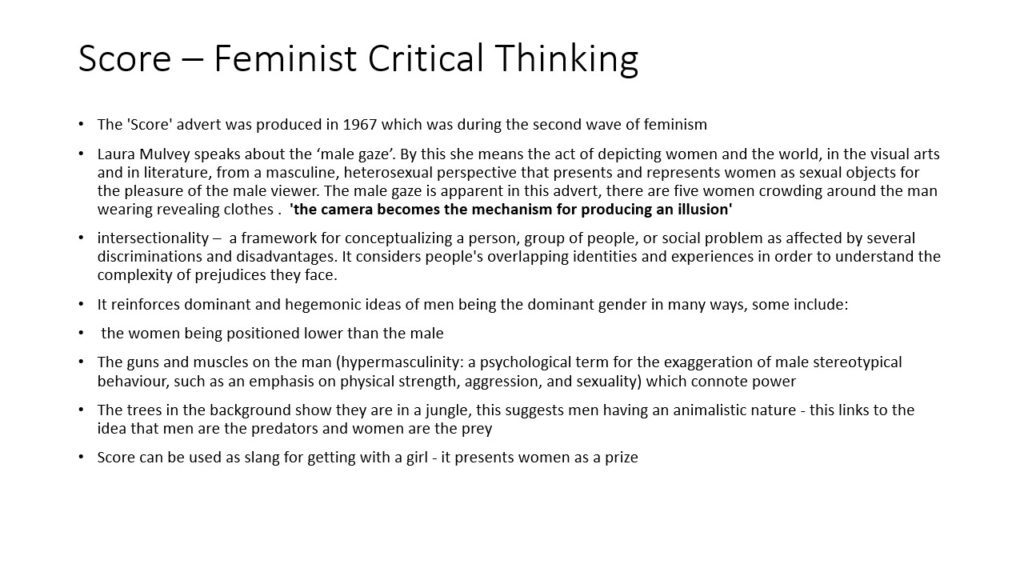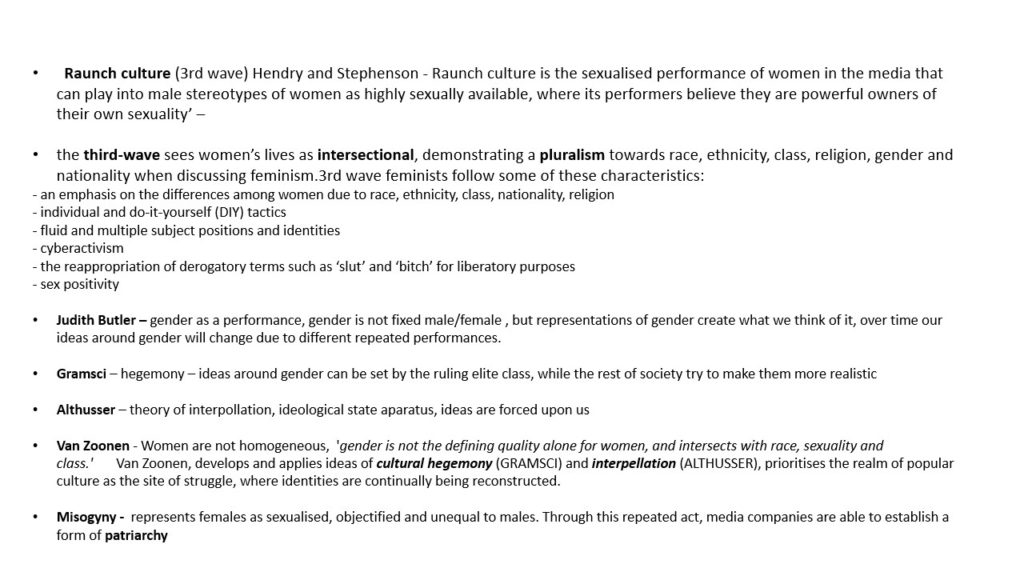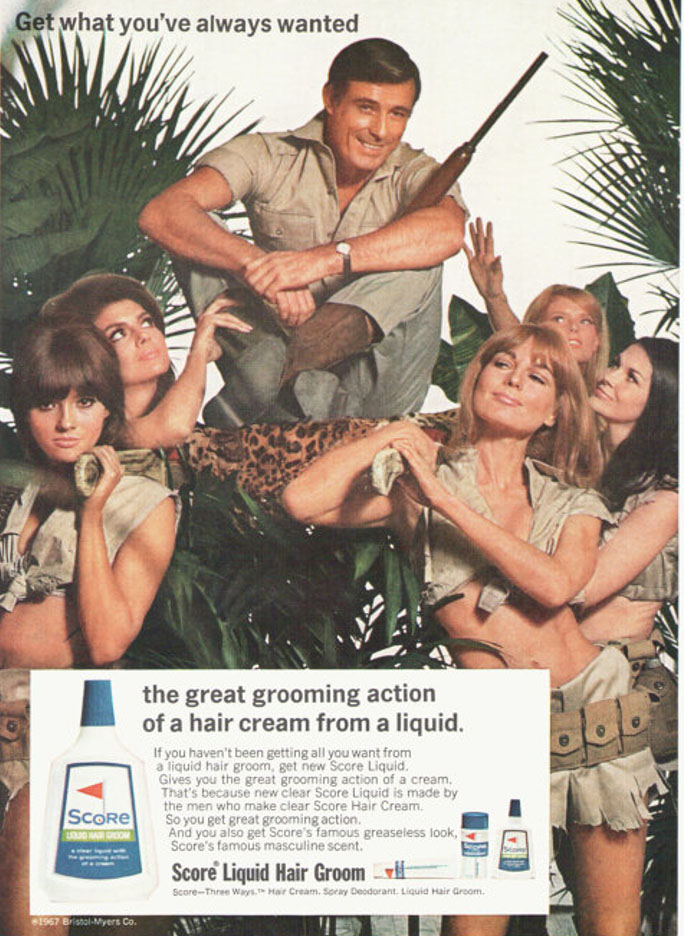
Hautlieu Radio logo


– Desapite the CSP being based on institution, this post is just an activity to brainstorm on narrative theory ideas.
Propp’s Theory
| Protagonist | Richard |
| False Hero | Richards Mother |
| Antagonist | Polly |
| Helper/Princess | Anabelle |
| Helper/victim | Chicken |
Q: What is the difference between a consumer based media regulation system and a citizen based regulation system?
Consumer – The government gives media companies a wide amount of possibilities and ideas to create media freely
Consumer – government isn’t regulating the media to be educational and factual
Citizen – Government gives pro-social policies for media which also give the society what they want, while maintaining a degree of order
Q. What impact did the 2003 Communications Act have on media regulation?
– The 2003 Communications act allowed other independant TV companies were freed up by being given more freedom in terms of creating media as they no longer had a civic-minded republican ideology in terms of media, slanting towards a consumer regulatory system as the content was now more commercially viable
– Ofcom was created in the UK to regulate media, which is a government-approved regulatory and competition authority for the broadcasting, telecommunications and postal industries of the United Kingdom
Q. What is the drawback of a self-regulated system?
– The drawbacks of self-regulated system are that the system doesn’t always work in favor of the society, but to restrict them.
– self regulated systems have a high chance of corruption as they regulate themselves, which means any mistakes can be swept under a rug and forgotten about
Q. How do you regulate media content and organisations on a global scale?
– Global organisation which regulates the whole of media, with the same punishments and the same rules
– have countries agree on a set of rules to be put in place everywhere
| Hesmondhalgh | Case Studies |
| maximizing costs and minimizing risks – horizontal and vertical integration | Capital -> produced by KUDOS which is a part of news corp, horizontally integrated through partnering with BBC for broadcasting and production |
| Serialization | Companies are likely to continue serials if they are successful as it minimizes risks of losing out on profits. For example Deutschland 83 has 3 seasons and one sequel from 2018 ‘Deutschland 86’ |
| Star Formatting | The use of popular stars in order to lure in a certain audience that possibly enjoys seeing that particular star. Capital uses a famous actor called Toby Jones, who is likely to reel in a certain audience to the show |
Capital
PLOT
The central characters all have a connection to Pepys Road, a fictional street in an unidentified south London suburb. The houses in the street were once ordinary family homes in an unremarkable residential district, but thanks to London’s ever-increasing property values they are now properties worth millions. Their residents include those such as wealthy banker Roger Yount (played by Toby Jones) who have recently bought their homes, as well as people who have lived in the street since before its houses became so valuable, such as elderly widow Petunia Howe (played by Gemma Jones) who moved there as a young bride. They all start to receive postcards saying “We want what you have”, which some residents interpret as a threat, but which others initially ignore.
Facts
– In November 2016, Capital won the best TV movie/mini series award at the 44th International Emmy Awards
– adaptation of John Lanchesters novel Capital
– produced by Matt Strevens for Kudos Film & Television Company.
– Broadcasted by BBC
– produced by KUDOS and co produced by Banijay SAS (French multinational content media production and distribution company)
– KUDOS is split by News Corp and Banijay Group which both are mass multimedia companies showing vertical integration. However horizontal integration is represented through the co-operation with BBC to air Capital on their channels. This also links to Curran and Seaton statement that mainstream media is mostly involved with the Mass Global Media Conglomerates.
DEUTSCHLAND 83
Deutschland 83 is a 2015 German-American television series starring Jonas Nay as a 24-year-old native of East Germany who, in 1983, is sent to West Germany as an undercover spy for the HV A, the foreign intelligence agency of the Stasi. It is a co-production of AMC Networks’ SundanceTV and RTL Television by the production company, UFA Fiction, with international distribution by RTL Group’s FremantleMedia International and North American distribution by Kino Lorber. The series premiered on 17 June 2015 on the SundanceTV channel in the United States, becoming the first German-language series to air on a US network. The broadcast was in the original German, with English subtitles. It subsequently aired in Germany beginning in November 2015, and in the UK on Channel 4 beginning in January 2016. Despite weak initial ratings in Germany, Deutschland 83 became a sleeper hit.
Facts
– First aired June 2015 on SundanceTV in the US and in January 2016 on Channel 4 in the UK
Prohibitive costs and risks associated with the production of media products has resulted in the organisation of vertically and horizontally integrated conglomerates. This lead to big companies such as CBS, Disney, News Corporation, Comcast, Time Warner and Viacom. These conglomerates are Horizontally and Vertically integrated to minimize costs such as distributions, productions or production divisions.
Curran and Seaton says that BBC sets a standard for commercial TV stations and channels due to being non profit yet maintaining high quality content.
–




B.F Skinners – Operant conditioning
– ‘fiction of free will’
– behaviour is taught from rewards ( can be applied to phones. Does technology control us or do we control technology)
Propaganda & Persuasion
Harold Lasswell – wrote a book called ”propaganda technique” in which he highlighted the brew of ‘subtle poison,which industrious men injected into the veins of a staggering people until the smashing powers… knocked them into submission’. ‘manipulated mass media to justify actions done in WW1’
– hypoderminc model
– direct injection
– passive audience

WHO –Larisa Brown -> WHAT –Russia tried to sabotage Olympics with cyber attacks-> MEDIUM Daily Mail -> TO WHOM lower-middle-class British women ->WITH WHAT EFFECT negative ideas are formed around Russia and its intentions
Paul Lazarfeld – thinks that linear model may not be sufficiently complex to understanding the relationship between message sent > message received. Suggests communication of information is an active form of consumption.
Shoshana Zuboff – ”a major segment of the emerging behavior control technology is concerned with conditioning, through which various forms of persuasion are used to control behavior” – social media with influencers etc.
”new technology has begun to develop new methods of behaviour control capable of altering not just an individuals actions but his very personality and manner of thinking…the behavioral technology being developed in the united states today touches upon the most basic sources of individuality and the very core of personal freedom…the most serious threat… is the power this technology gives one man to impose his views and values another
Blumler and Katz – Uses and Gratifications

Maslows Hierarchy of needs –

George Gerbner – developed what is known as CULTIVATION THEORY, noting the distinct characteristics of television in relation to other media forms, they suggest that ‘television cultivates from infancy the very predispositions and preferences that used to be acquired from other primary sources‘ (Gerbner et al 1986). In other words, television shapes the way individuals within society think and relate to each other.
Stuart Hall – Theory of preffered reading (British Jamaican Sociologist)
Clay Shirky – End of Audience
There is no audience, only a large group of individuals who recieve different readings (not just 3)
‘the more ideas there are in circulation, the more ideas there are for any individual to disagree with.’
Alexander Nix
CEO of Cambridge analytica
targeting potential people who may be persuaded in politics
What is the theory?
Antonio Gramsci was an Italian Marxist philosopher who came up with the idea of hegemony. Hegemony is a theory which suggests that ideas are enforced by an ongoing hegemonic struggle between the elite class and the working class, with the elite class generally having the upper hand resulting in them creating new cultural norms.
Evidence from CSP?
The idea of hegemony is vividly projected from big newspaper company Daily Mail as we can find evidence for this theory by exploring its ownership. The Daily Mail is owned by Daily Mail and General Trust which is owned by Jonathan Harmsworth, 4th Rothermere who is a prominent supporter of the conservative party in the UK and David Cameron. The Daily Mail and General Trust has been passed down the family in terms of ownership starting in 1896 with Alfred Harmsworth (Jonathans grandfather) .The Daily Mail also happens to be supporting the conservative party in all recent elections which shows us solid proof of the elite class (Jonathan Harmsworth) enforcing ideas on the working class through powerful forms of communication and information sources such as newspapers.
What does this tell us?
This ownership of big newspaper companies show us sufficient evidence for Gramsci’s theory of hegemony as we can clearly see the elite ruling class enforcing their ideologies and political stances on the working class, in this case Jonathan Harmsworth enforcing his political stance on the UK society. A good example of this taking place in UK politics was Brexit gaining the majority of votes which was more seen as a conservative choice within the UK.